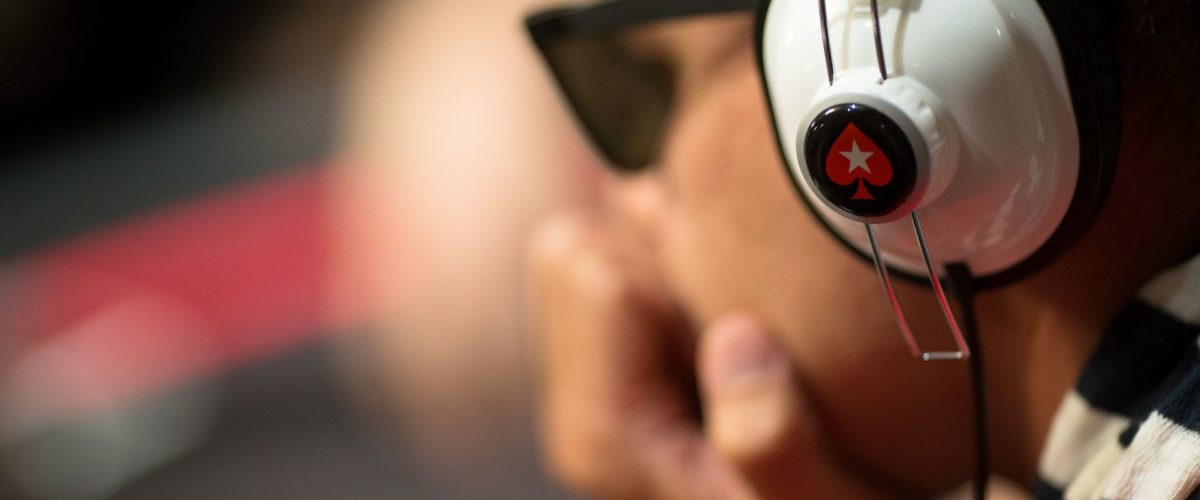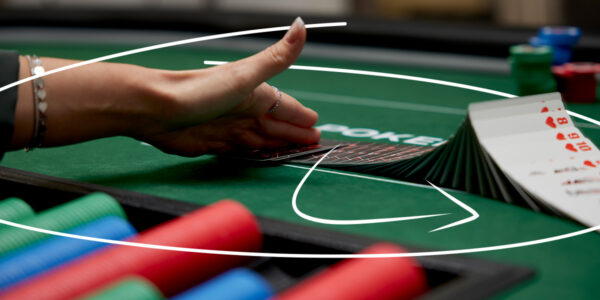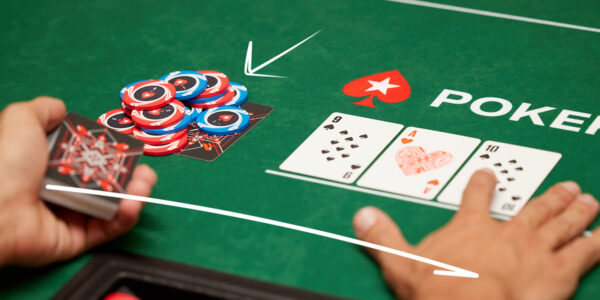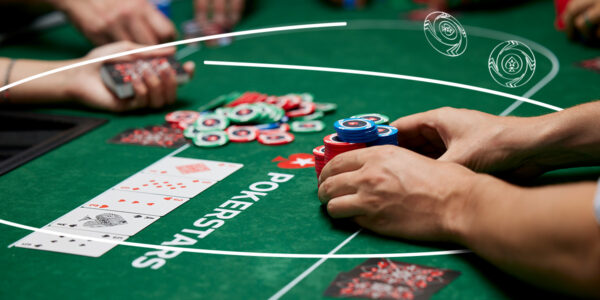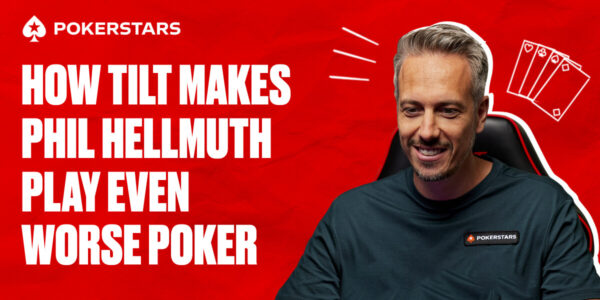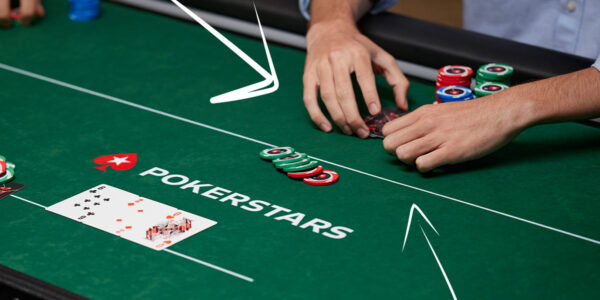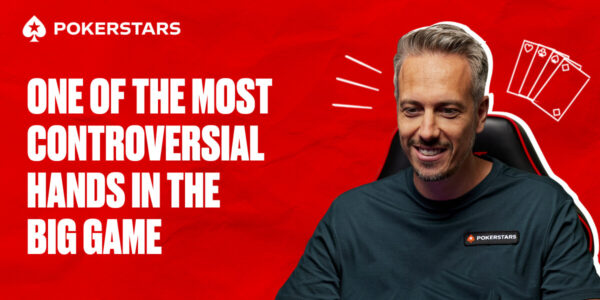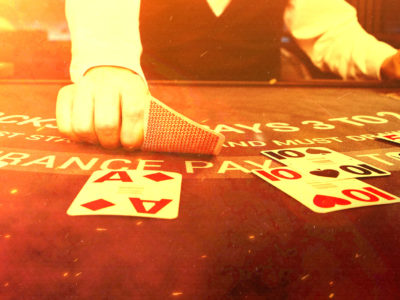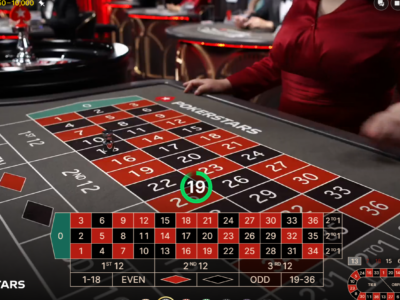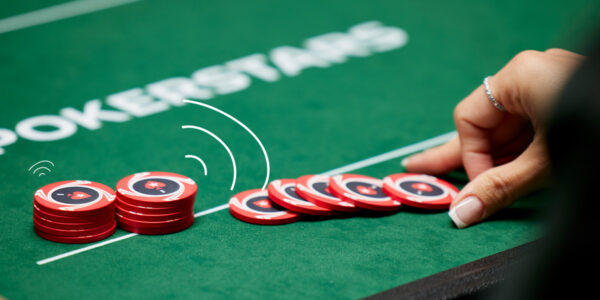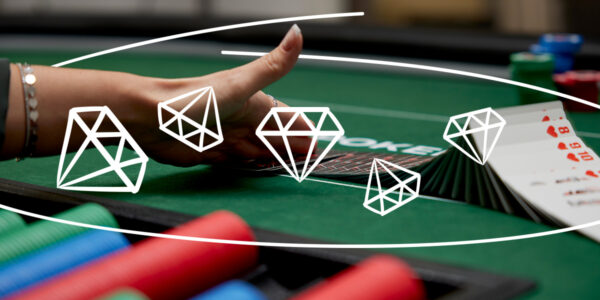Battling Out of the Micro-Stakes – Part 2
Avoiding Bad Quality Volume
In Part 1 we’ve learned how to throw our tight opponents under the sledgehammer of aggression. Let’s take a break from the technical stuff for a second to talk about the mental game at micro-stakes. Regardless of how good you are, you will some not so great days, some bad days and some terrible days. I have coached too many players with more than the technical ability to climb out of the micro-stakes, who get stuck due to their inability to damage limit during bad variance. Let’s take a closer look at how you might avoid putting in poor quality sessions.

Remember the Goal of the Game
But what is the goal when it comes to poker? It might seem like it’s winning money, but it’s not – this is something you have very little control over in the short-term. It might also seem like it’s outplaying your opponents; but you can’t always do that either and trying too hard to beat someone can hurt your decision-making.
In my opinion, the primary goal in poker is a long-term focus on correct decision-making.
Poker is a paradox. We desire a winning session every time we sit down to play, yet that desire is the very thing that stops us winning when it boils over into frustration and poor decision-making. The players who can damage limit the best are those who can make performance the goal even in the face of terrible luck. Only by remembering that making superior choices to your opponents eventually translates to winning can you keep the damage to a minimum when things go badly.
One way I keep myself focussed on processes rather than proceeds is to play some very short sessions, where my only goal is to review just one or two key hands in great detail. I will jump into a ZOOM pool and sit out as soon as I reach a decision point, even if it seems common and mundane. Only after an out of game analysis will I sit back in and wait for the next spot to review. This approach lets me focus on the technical beauty of the game. By limiting volume, I do not give poker a chance to make me care about results. I keep my eye on the main goal.
Of course, this exercise is far too slow to be your main type of session, but these hyper focussed sessions of five minutes or so provide and excellent reminder that you are here to improve your choices not your bankroll – that will look after itself.

Knowing when to Walk Away
When a session descends into multiple lost stacks and multiple rash calls or bets, it might be time to cut your losses. Of course you want to get the money back – this is a natural urge to rectify a bad situation. But which version of yourself is best placed to achieve this? The angry one whose tank of willpower has been decimated or the you of tomorrow who has had a good night’s sleep and a cup of coffee. Breaks restore willpower and willpower maintains discipline during downswings. You might be a small winner when playing well and a substantial loser when playing badly. The gap between you’re A-Game and C-Game will be very substantial when you first start out in poker so give yourself time to recover.
I’m very nitty when it comes to downswings. I have almost never played on in a session when down more than five buy-ins. It just feels like pushing against the current. When losing heavily, I will always take at least a short break.
When you’re playing well, there will be countless opponents spewing off stacks and punting away money at micro-stakes. To get out of 10NL you need to combine a decent understanding of the game with the discipline to play when you’re firing on all cylinders and stop when you’re likely to haemorrhage money. This skill alone would be enough to propel most stuck regulars out of their rut.
Saying no to Volatile Coin-Flips
Many poker situations are high variance. Some of these are profitable while others are losing. The third category volatile spots which are close to break-even. Unless you are a rare hero who derives serenity from turbulence, taking part in large pots which offer little more than a coin flip is a sure way to decrease your overall efficiency at the tables. Think of getting involved in these spots as gamble that’s not in your favour.
For example, let’s say that in a cash game, you get 4-bet by an aggressive looking, and are considering shoving with 88 as a kind of semi-bluff. This play is unlikely to be netting you a lot of money if it is profitable at all and the psychological trade-off for most players is a poor one.

If you shove here and Villain folds, you are likely to feel a little relief; maybe a slight sense of pride, and then you’ll forget all about the hand and revert to your normal game.
If you shove, get called and win, you’ll experience anxiety and regret, followed by relief. Villain is hardly calling your shove with a worse hand so you will need to win a coin-flip or suck out to win. This turmoil destabilises your game and tires you out emotionally, even if the pot goes your way and you get a short-term boost from the dopamine that win releases.
If you call and lose you are likely to feel some anguish, regret and a depletion in your willpower. It will now be harder to think clearly in the next few big pots.
Overall then, although the $EV of this shove might be close to 0 due to your fold equity and chances to beat AK if you get called, the proposition is not worth it due to the emotional fallout and drop in focus that comes from losing compared with the minimal gains of getting the bluff through.
Of course, we are not advocating shying away from clearly profitable bluffs and shoves. It’s the neutral gambles that are best avoided for the sake of your mindset in the rest of the session.
Summary
- The reason many players get stuck at the micro-stakes is their inability to preserve willpower and play their normal game when running badly.
- One way to keep playing well in tough times is to remain focussed on the beauty of decision-making.
- Playing on when frustrated and desperate is not only a waste of time but a waste of energy that could be spent recovering for your next session, where your A-game is once again obtainable.
- Turn down the thin gambles which cause emotional interference without netting much money. Letting it go can have a huge effect on preserving willpower.
View Other Blogs



